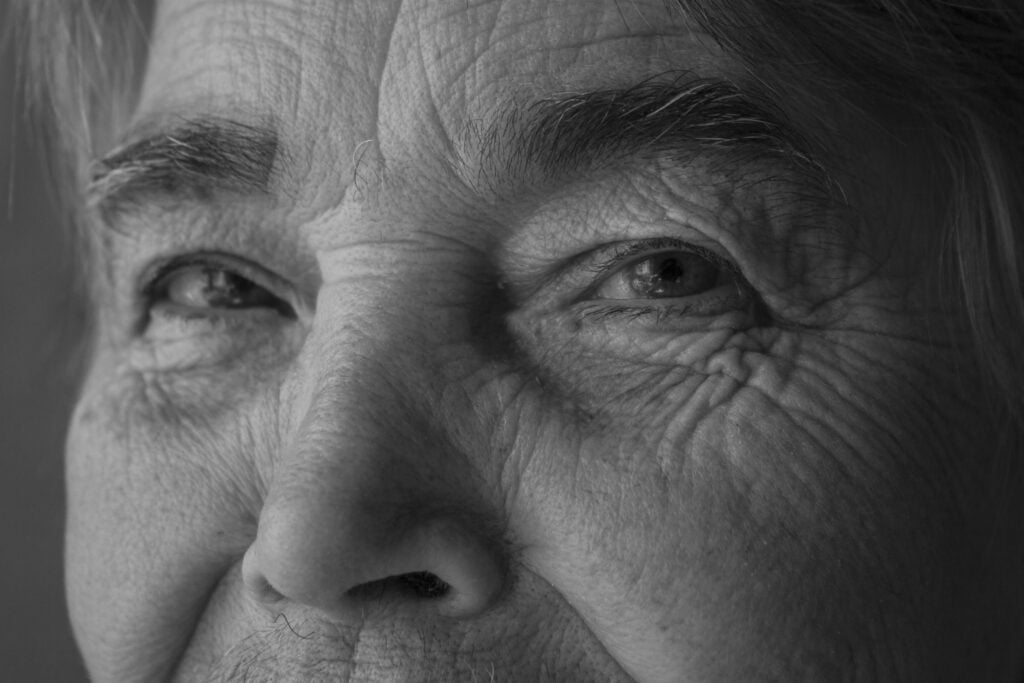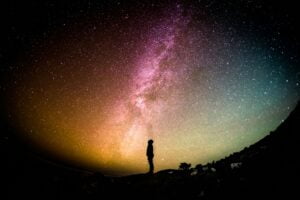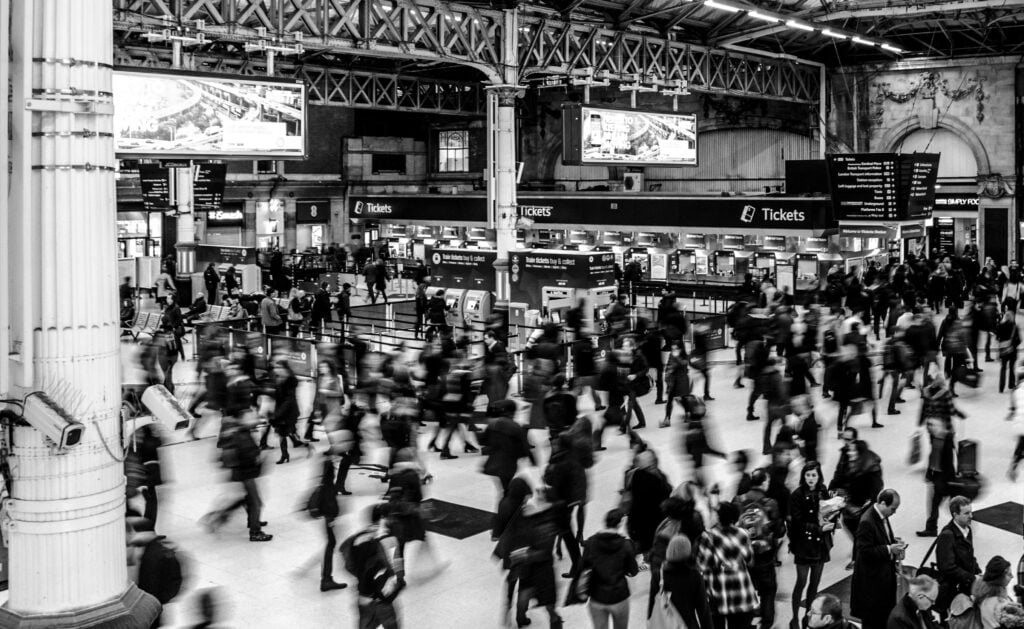
As we age, our skin undergoes various changes that can lead to visible signs of aging. Understanding the aging process of the skin is crucial in order to effectively address these concerns and maintain a youthful appearance.
The primary cause of skin aging is a decrease in the production of collagen and elastin, the proteins responsible for the skin’s firmness and elasticity. This decline in production leads to the formation of wrinkles, fine lines, and sagging skin. Additionally, the skin’s ability to retain moisture diminishes over time, resulting in dryness and a dull complexion.
Common Signs of Aging Skin
Aging skin is characterized by several common signs that are indicative of the underlying changes taking place. These signs include:
- Wrinkles and Fine Lines: These are the most visible signs of aging and often appear on the forehead, around the eyes, and around the mouth. They are caused by the loss of collagen and elastin, as well as repetitive facial movements.
- Sagging Skin: As the skin loses its elasticity, it begins to sag, particularly in areas such as the cheeks, jowls, and neck. This can give the face a tired and droopy appearance.
- Dryness and Dullness: Aging skin tends to become drier and loses its natural radiance. This is due to a decrease in the skin’s ability to produce and retain moisture.
- Age Spots and Uneven Skin Tone: Over time, sun damage and other environmental factors can lead to the development of age spots, dark spots, and an uneven skin tone.
Importance of Moisturizers for Aging Skin
Moisturizers play a vital role in the daily skincare routine of individuals with aging skin. They provide essential hydration, improve the skin’s barrier function, and help to minimize the appearance of wrinkles and fine lines.
By moisturizing regularly, you can replenish the skin’s moisture levels, making it appear plumper and more youthful. Moreover, moisturizers create a protective layer on the skin, preventing moisture loss and shielding the skin from external aggressors such as pollution and harsh weather conditions.
In addition, certain moisturizers are formulated with anti-aging ingredients that can further address specific concerns associated with aging skin. These ingredients can help stimulate collagen production, reduce the appearance of wrinkles, and improve overall skin texture.
Factors to Consider When Choosing a Moisturizer for Aging Skin
When selecting a moisturizer for aging skin, it’s important to consider several factors to ensure that you choose the best product for your specific needs. Here are some key factors to keep in mind:
- Skin Type: Different moisturizers are formulated for specific skin types, such as dry, oily, or combination. Understanding your skin type will help you choose a moisturizer that provides the right level of hydration without causing any adverse effects.
- Ingredients: Look for moisturizers that contain ingredients known for their anti-aging properties, such as retinol, hyaluronic acid, peptides, antioxidants, and vitamins C and E. These ingredients can help firm the skin, reduce wrinkles, and improve overall skin tone.
- Texture: Consider the texture of the moisturizer and how it feels on your skin. Some individuals prefer lightweight lotions, while others may prefer richer creams. Choose a texture that suits your personal preference and provides the desired level of hydration.
- SPF Protection: It’s essential to protect your skin from harmful UV rays, even during daily activities. Opt for a moisturizer that contains a broad-spectrum SPF to shield your skin from sun damage and prevent further signs of aging.
Key Ingredients to Look for in a Moisturizer for Aging Skin
When it comes to choosing the best moisturizer for aging skin, certain key ingredients have proven to be highly effective in addressing the signs of aging. Here are some ingredients to look for:
- Retinol: A derivative of vitamin A, retinol is one of the most well-researched and effective ingredients for combating wrinkles and promoting collagen production. It can also help even out skin tone and improve texture.
- Hyaluronic Acid: Known for its exceptional hydrating properties, hyaluronic acid attracts and retains moisture in the skin, making it appear plumper and more youthful. It also helps to reduce the appearance of wrinkles and fine lines.
- Peptides: Peptides are small chains of amino acids that stimulate collagen production and improve skin elasticity. They can help minimize the appearance of wrinkles, promote firmer skin, and enhance overall skin tone.
- Antioxidants: Ingredients such as vitamin C, vitamin E, green tea extract, and resveratrol are potent antioxidants that protect the skin from free radicals, promote collagen synthesis, and help reduce the signs of aging.
Best Moisturizers for Aging Skin – Product Recommendations
- CeraVe Skin Renewing Night Cream: is a rich and hydrating moisturizer specially formulated to nourish and replenish aging skin while you sleep. Infused with ceramides, peptides, and hyaluronic acid, it works to improve skin texture, reduce the appearance of fine lines and wrinkles, and restore the skin’s natural barrier. Check out the product from here.
- Olay Regenerist Micro-Sculpting Cream: is a luxurious moisturizer formulated with advanced ingredients like hyaluronic acid, amino-peptides, and niacinamide. It deeply hydrates the skin, visibly plumps and firms, and reduces the appearance of fine lines and wrinkles. Its lightweight, non-greasy formula absorbs quickly, leaving the skin feeling soft, smooth, and radiant. With continued use, it helps to improve skin elasticity and restore a youthful-looking complexion. Check out the product from here.
- Revitalift Anti-Aging Day Cream: This day cream is enriched with pro-retinol A and elastin to visibly reduce wrinkles and firm the skin. It also contains SPF 30 to protect against harmful UV rays. Check out the product from here.
Tips for Effectively Using Moisturizers for Aging Skin
To maximize the benefits of your moisturizer and achieve the best results for your aging skin, consider the following tips:
- Cleanse and Tone: Before applying your moisturizer, make sure to cleanse your face thoroughly and use a toner to balance the skin’s pH levels. This will help the moisturizer penetrate more effectively.
- Use Gentle, Upward Strokes: When applying moisturizer, use gentle upward strokes to avoid tugging or pulling on the skin. This will help maintain the skin’s elasticity and reduce the risk of wrinkles.
- Apply Day and Night: For optimal hydration and anti-aging benefits, use a moisturizer both in the morning and at night. The morning moisturizer should contain SPF for sun protection, while the night moisturizer can focus on nourishing and repairing the skin.
- Combine with a Serum: Consider incorporating a serum into your skincare routine before applying your moisturizer. Serums are highly concentrated and can provide additional benefits such as brightening, firming, and boosting collagen production.
Lifestyle Changes to Complement Moisturizer Use for Aging Skin
In addition to using moisturizers, certain lifestyle changes can greatly complement your skincare routine and promote youthful-looking skin. Here are some suggestions:
- Protect Your Skin from the Sun: Sun exposure is one of the primary causes of premature skin aging. Wear sunscreen daily, seek shade when the sun is strongest, and use protective clothing to shield your skin from harmful UV rays.
- Maintain a Healthy Diet: A well-balanced diet rich in antioxidants, vitamins, and minerals can help support healthy skin. Incorporate foods such as fruits, vegetables, lean proteins, and whole grains into your meals to nourish your skin from within.
- Stay Hydrated: Drinking an adequate amount of water is essential for maintaining hydrated skin. Aim to drink at least eight glasses of water per day to keep your skin plump and glowing.
- Get Sufficient Sleep: Lack of sleep can accelerate the aging process and contribute to the appearance of fine lines, dark circles, and dull skin. Make sure to prioritize quality sleep to allow your skin to regenerate and repair.
Professional Treatments for Aging Skin
For individuals seeking more intensive solutions to combat aging skin, several professional treatments are available. Consult with a dermatologist or skincare professional to determine the most suitable option for your specific needs. Some popular treatments include:
- Chemical Peels: These treatments involve the application of a chemical solution to the skin, which exfoliates the outer layer and stimulates collagen production. Chemical peels can improve skin texture, reduce wrinkles, and enhance overall complexion.
- Laser Resurfacing: Laser resurfacing treatments use laser technology to remove damaged skin cells and stimulate collagen production. This can help reduce wrinkles, tighten sagging skin, and improve skin tone and texture.
- Injectable Fillers: Dermal fillers, such as hyaluronic acid or collagen-based fillers, can be injected into specific areas of the face to plump up wrinkles and restore lost volume. These treatments can provide immediate results and last for several months.
- Microneedling: Microneedling involves the use of a device with tiny needles that create micro-injuries in the skin, stimulating collagen production and improving skin texture. It can be combined with the application of serums or growth factors for enhanced results.
Choosing the best product for aging skin is crucial in maintaining a youthful and radiant complexion. By understanding the aging process of the skin, recognizing the signs of aging, and considering key factors and ingredients, you can make an informed decision when selecting a moisturizer.
Remember to follow the recommended tips for effective use, incorporate lifestyle changes to support your skincare routine, and consider professional treatments for more intensive results. With the right moisturizer and a comprehensive approach to skincare, you can effectively combat the signs of aging and achieve a healthy, youthful glow.





